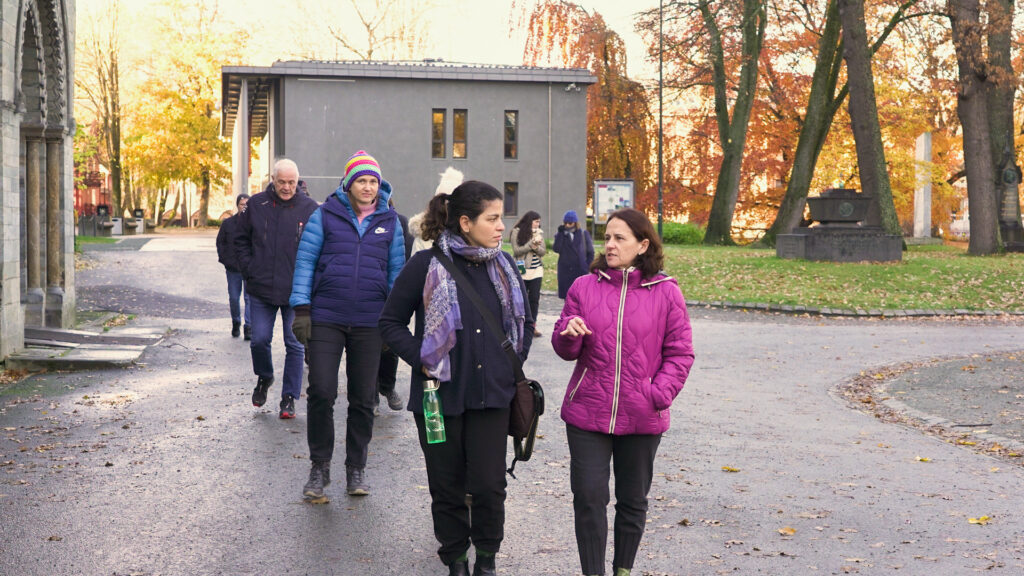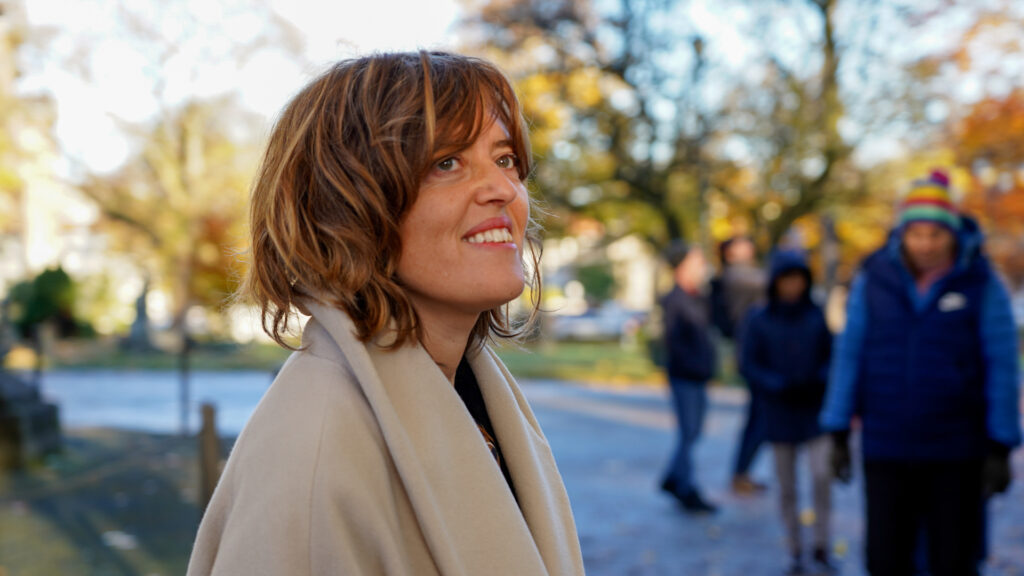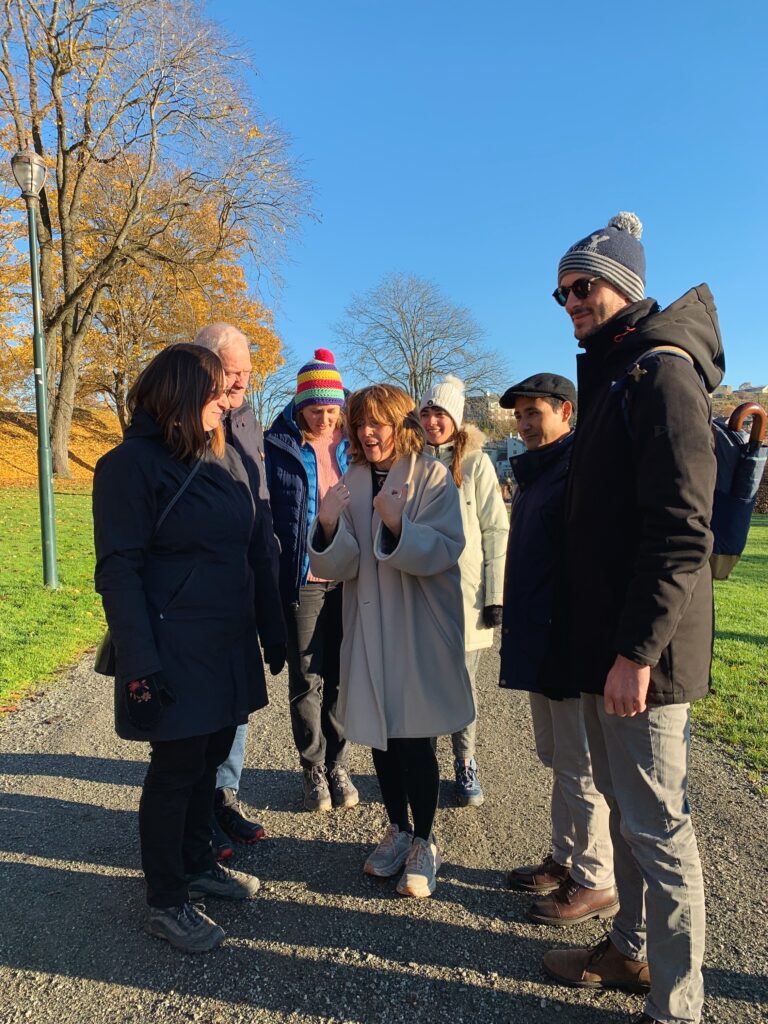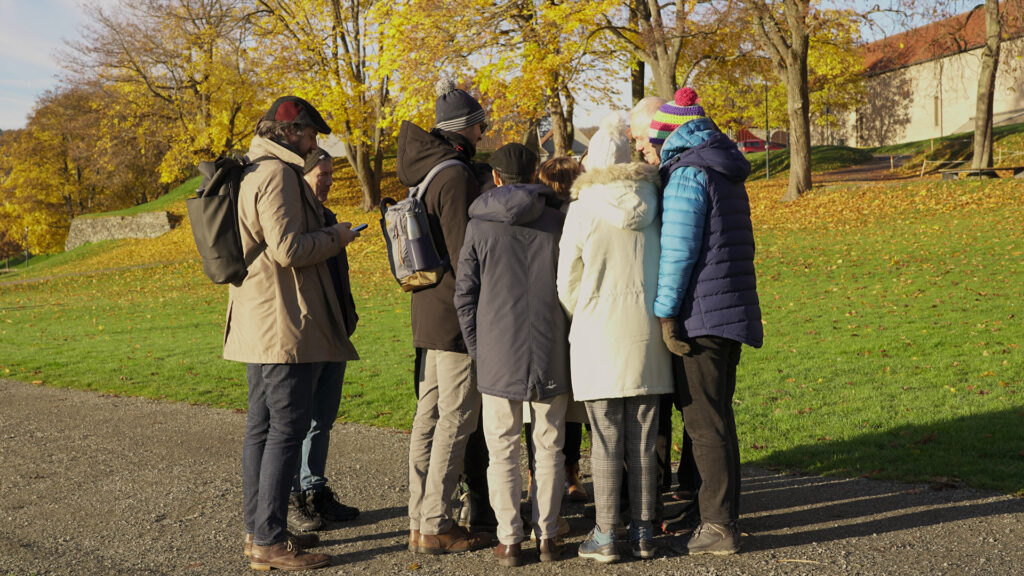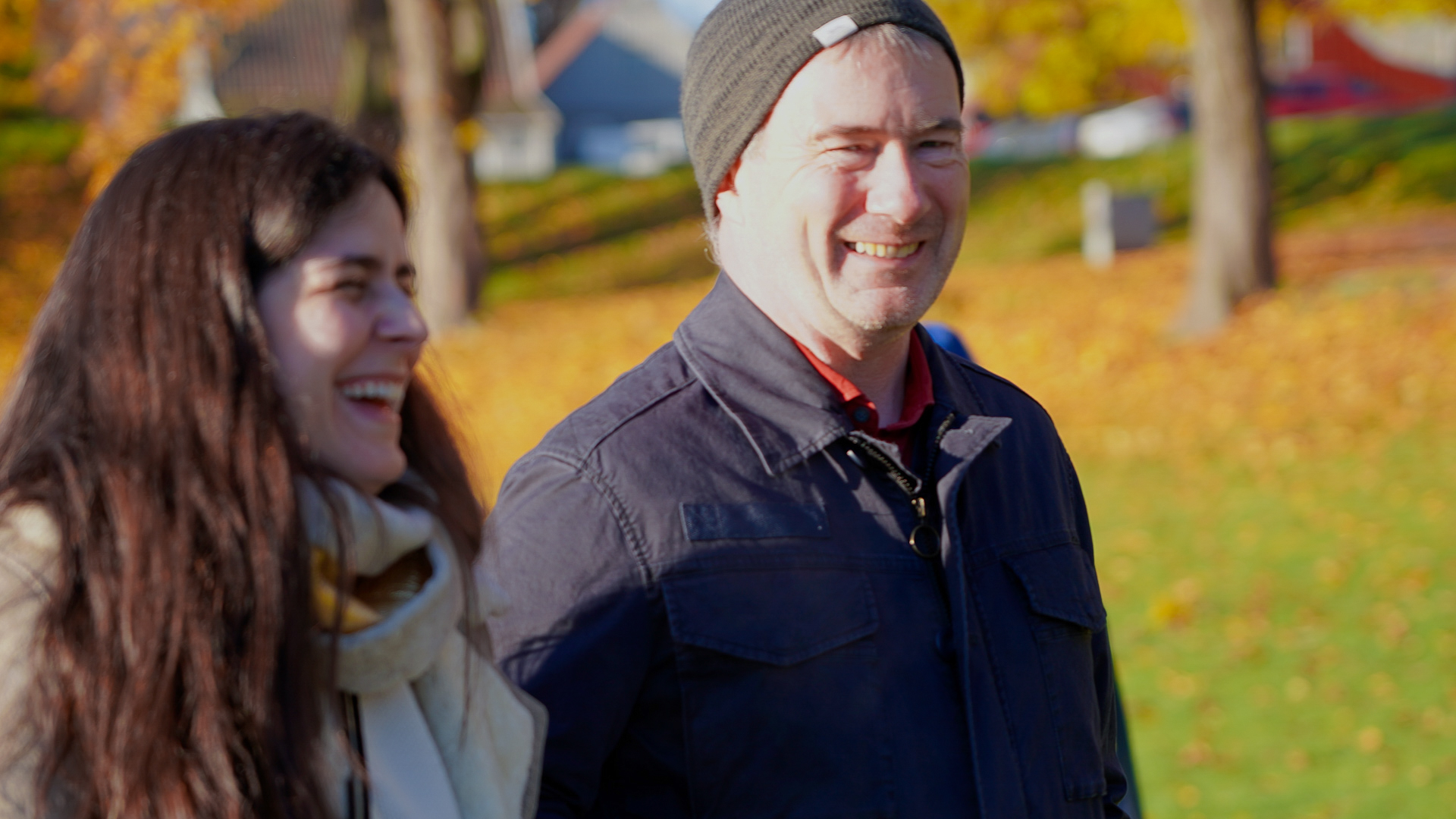Day 2 – Midterm Conference
DAY 2
Tuesday, November 1st
Keynote Talk
“Silent Virtues for a Noisy World”
Taina Bucher (University of Oslo)
Opening the second day of conference, chair Magda Roszczynska welcomed the Keynote Talk “Silent Virtues for a Noisy World” by Taina Bucher, Professor in Media Studies at the Department of media and communication, University of Oslo (UiO), and Head of the Screen Culture research and teaching cluster at the Faculty of Humanities, UiO.
Taina Bucher explained that at the centre of (deliberate) democratic theory lies a fundamental belief in the power of speech as the modus operandi of democratic life. Rather than measuring a well-functioning democracy through active participation and vocal citizenship, Bucher highlights the attention to the significance of silence as an alternative for thinking about the boundaries and limits of democracy.
She adds that even if a model of non-communication is hard to sustain in a digital environment designed to compute everything, including seemingly silent data points (e.g., skipping, scrolling, hesitations), Bucher examines the affirmative potentials of silence in a society that valorises values of voice and speech.
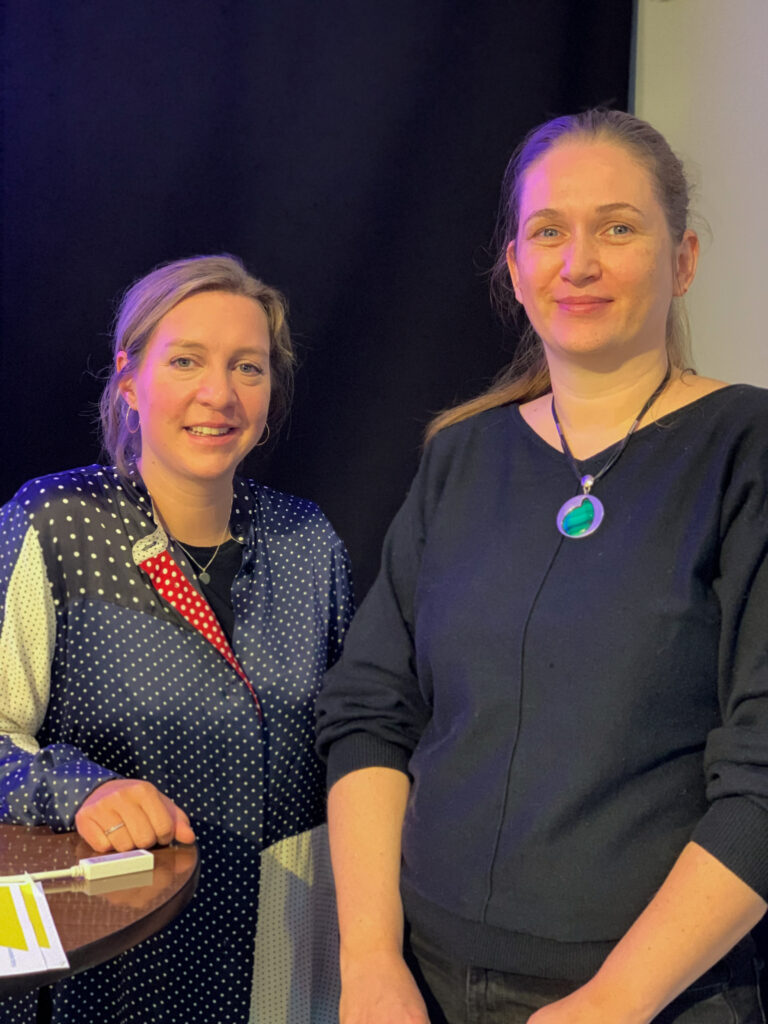
Walk & Talk
Learning from Listening, Failure and Silence
Participants were invited to pair up with a person whom they did not know and had not talked with much the previous day. In pairs the group took a through Nidarosdomen, the main cathedral in Trondheim and towards the river Nidelva.
People were invited to discuss a challenging situation at work, or what they could think of as a ‘failure’, in turn. The first person would talk for 7 minutes, uninterrupted followed by the second person.
By the river we also played with a way that penguins have for warming up when in a group: shifting positions to let a different person stand in the middle of the group, protected from the elements by the others.
Then the pairs were changed and the topic of the discussion to a topic that came up through the workshop’s keynotes so far: how to create safe and inclusive spaces for deliberation online, the role of care, the meaning of silence and negative communication strategies for inclusion or the roles of social media technology in democratic deliberation. Again, we allocated 7 minutes to each person to discuss the topic of their choice.
Case Studies
Understanding & Upgrading: Citizen Science Practice
Daniela Pereira (Ministerio de Educacion y Cultura, Uruguay), Magda Roszczyńska-Kurasińska (Uniwersytet Warszawski, Poland), Michael O’Grady (University College Dublin, Ireland) and Nathalie Morata (Muséum National d’Histoire Naturelle, France).
Chair Giuseppe Pellegrini (Observa) introduced the group from Work Package 4 that worked Citizen Science Practice through 4 Case Studies.
Daniela Pereira (Ministerio de Educacion y Cultura, Uruguay), Magda Roszczyńska-Kurasińska (Uniwersytet Warszawski, Poland), Michael O’Grady (University College Dublin, Ireland) and Nathalie Morata (Muséum National d’Histoire Naturelle, France) presented their project at the conference and also took advantage of the in person encounter to collaborate and record their talks on the subject.
You can access the ISEED Case Studies dedicated page and read more about this interesting project!
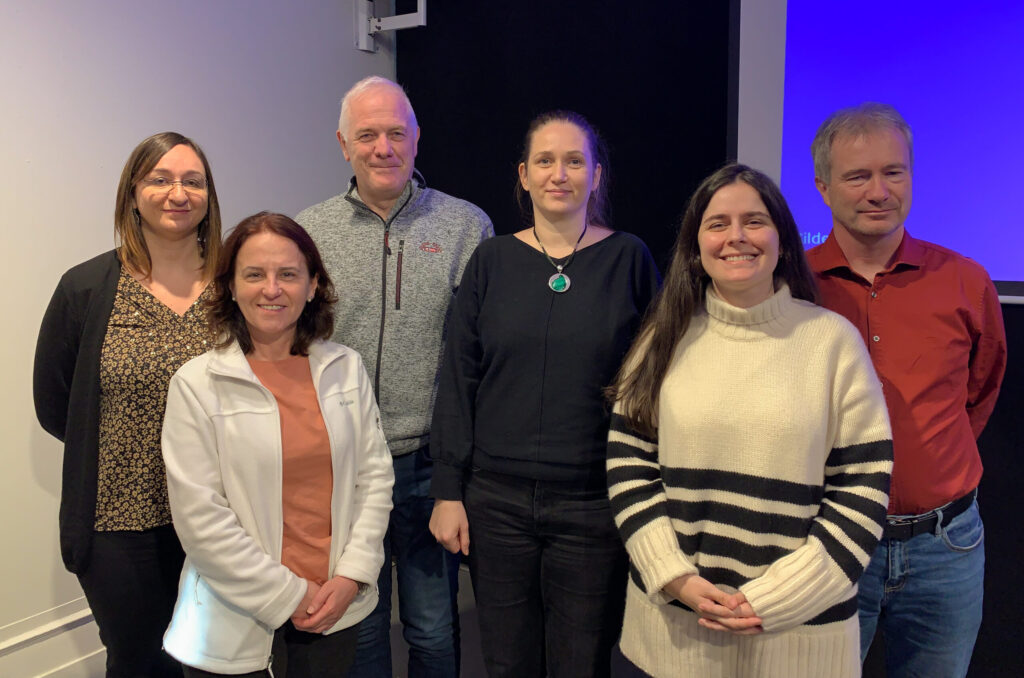
Online Webinar
“Studying Polarization: Experiences from the Polarization Lab”
Chris Bail (Duke University)
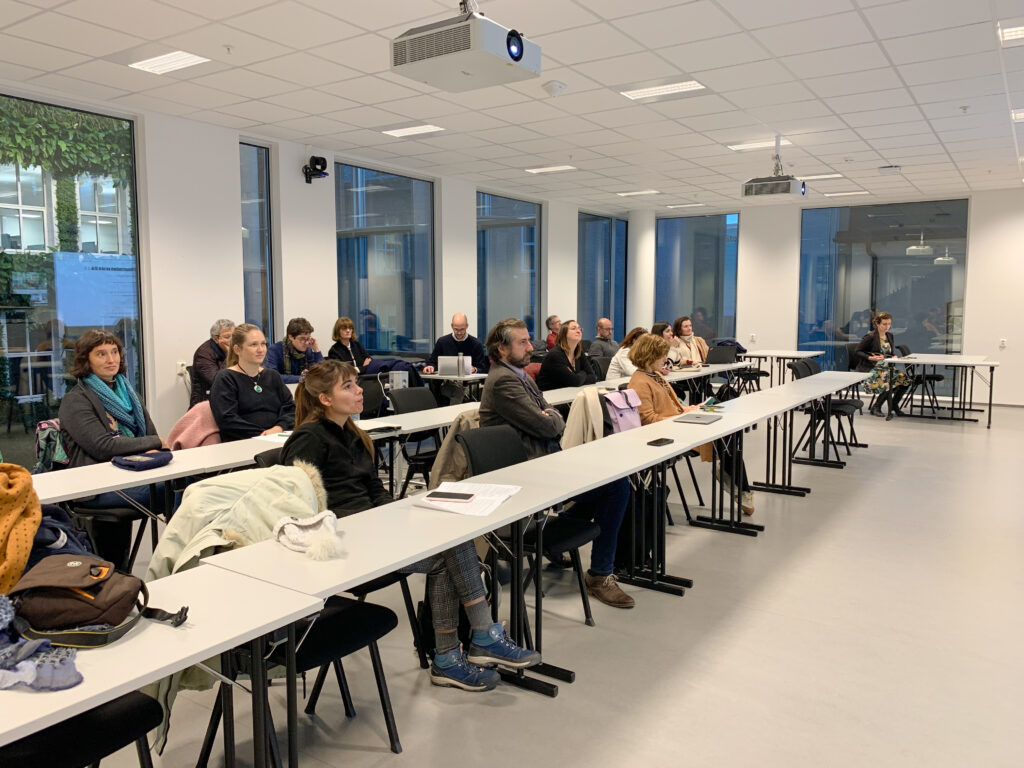
Chair Libe García Zarranz introduced Chris Bail for his Online Webinar in “Studying Polarization: Experiences from the Polarization Lab”. Bail is Professor of Sociology and Public Policy at Duke University, where he directs the Polarization Lab. He discussed recent research and experiments pursued at the Polarization Lab on USA democratic and republican opinion formation and echo chamber effects.
Dinner & Show
Twisting Science and Art
Gibberish Improvisational Theater
On the evening of Day 2 participants attended an improvisational show presented by Gibberish which was inspired by themes of the workshop and discussion but taking a humorous twist on it.
The show was offered at the vegan restaurant Stammen Café in Trondheim where ISEED had its invited dinner. This provided another occasion for the team and our guests to relax and spend time together.
Photo Gallery
Here you will find all pictures from Day 2 of the Midterm Conference!



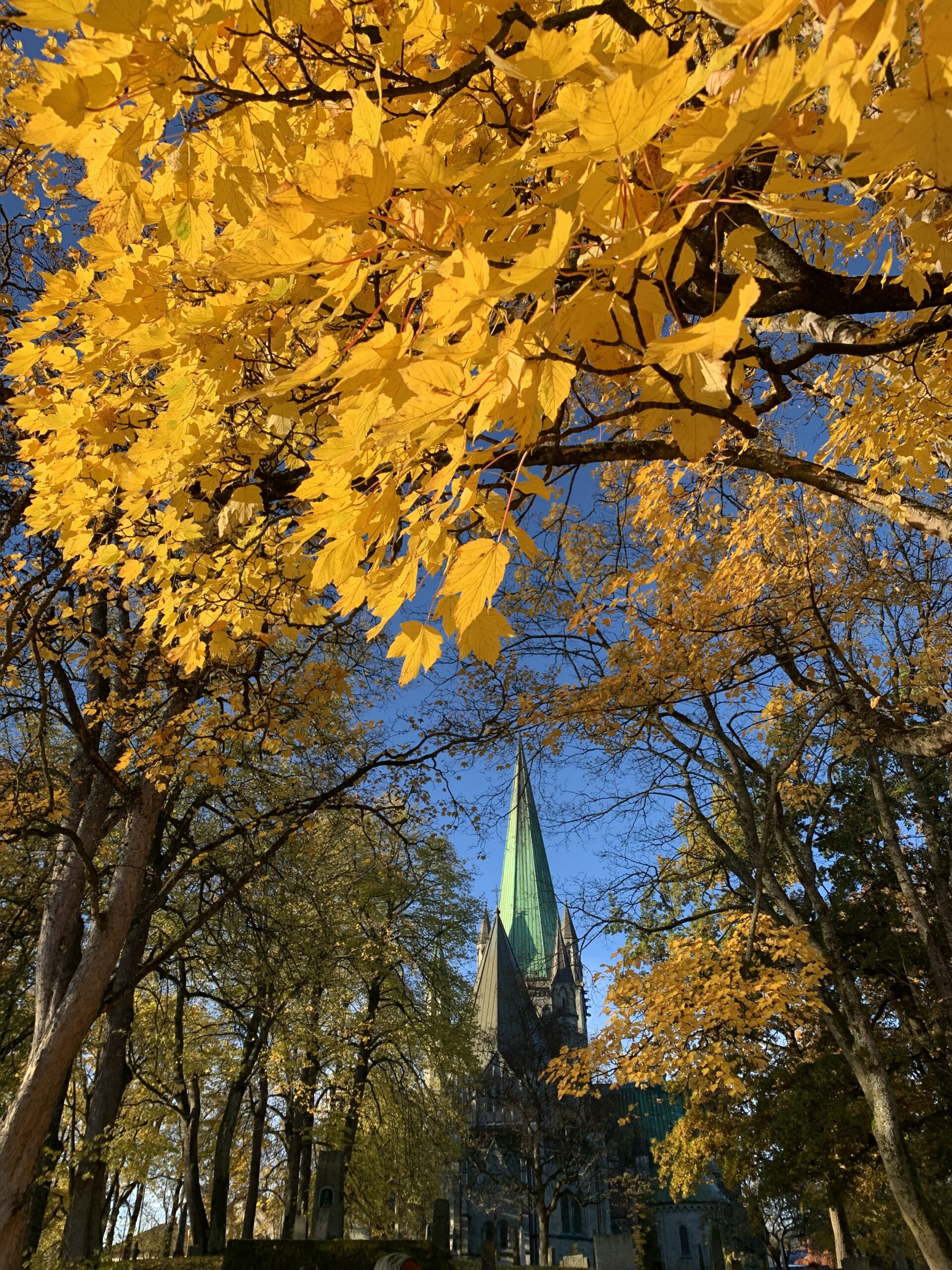
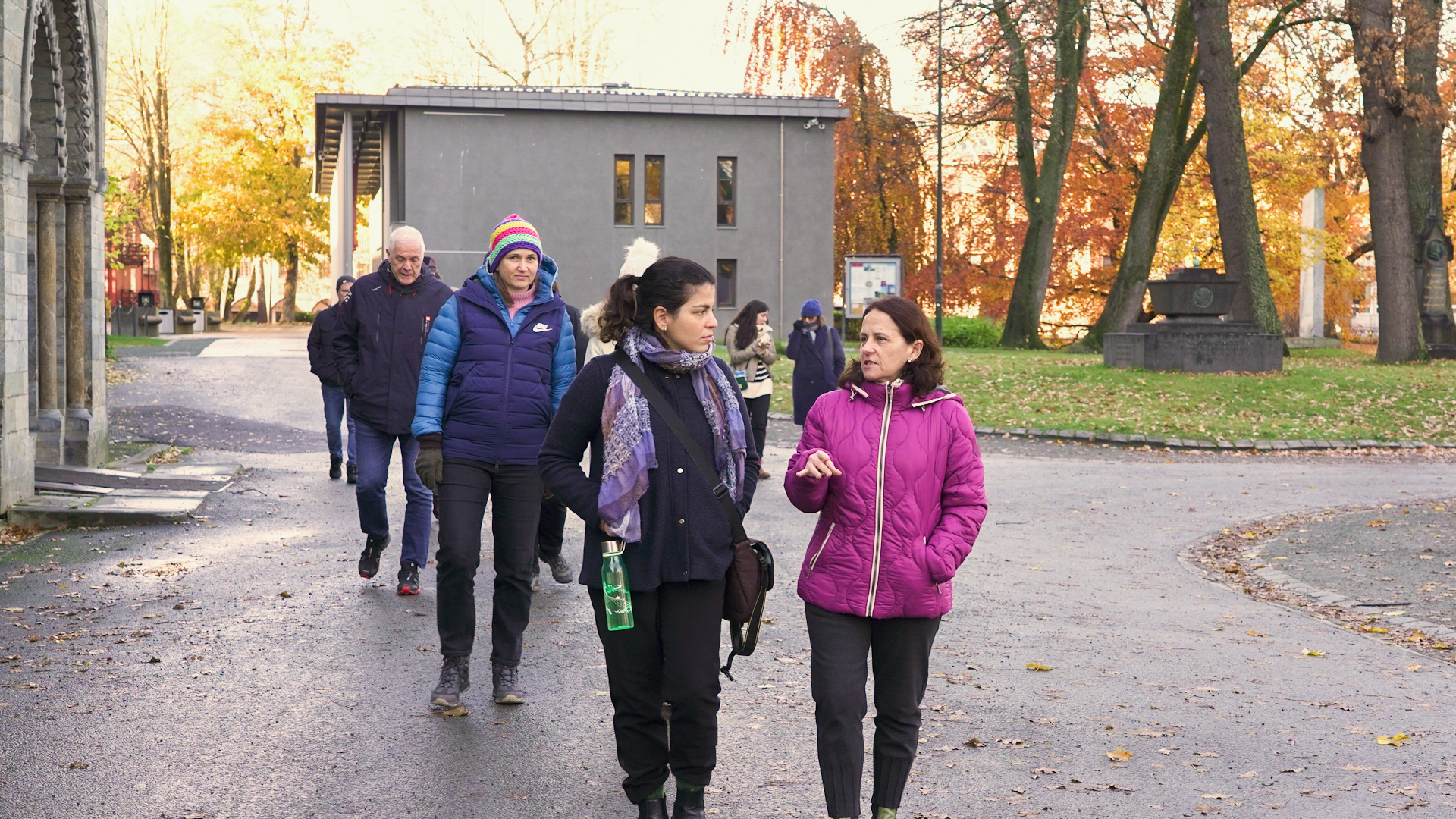
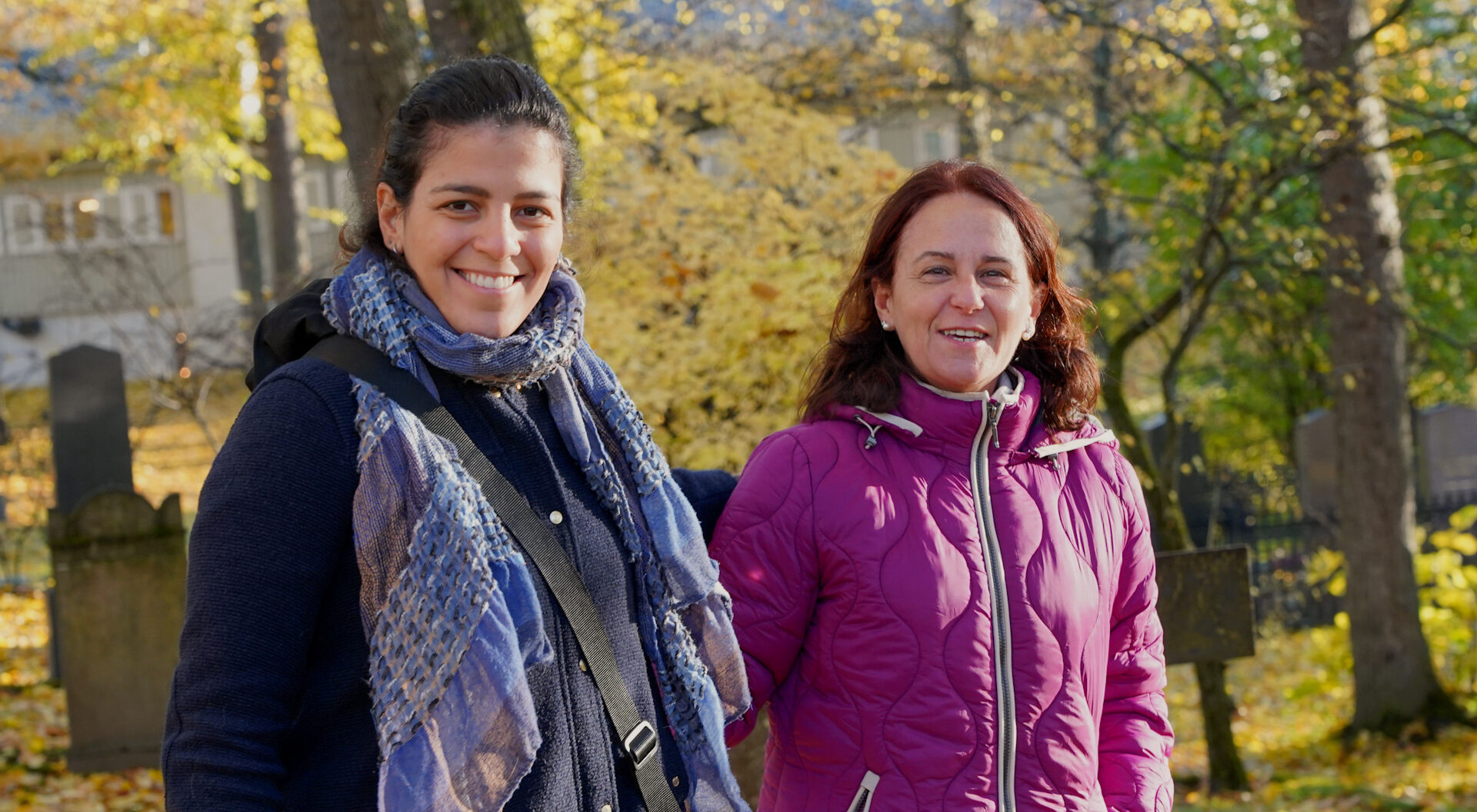
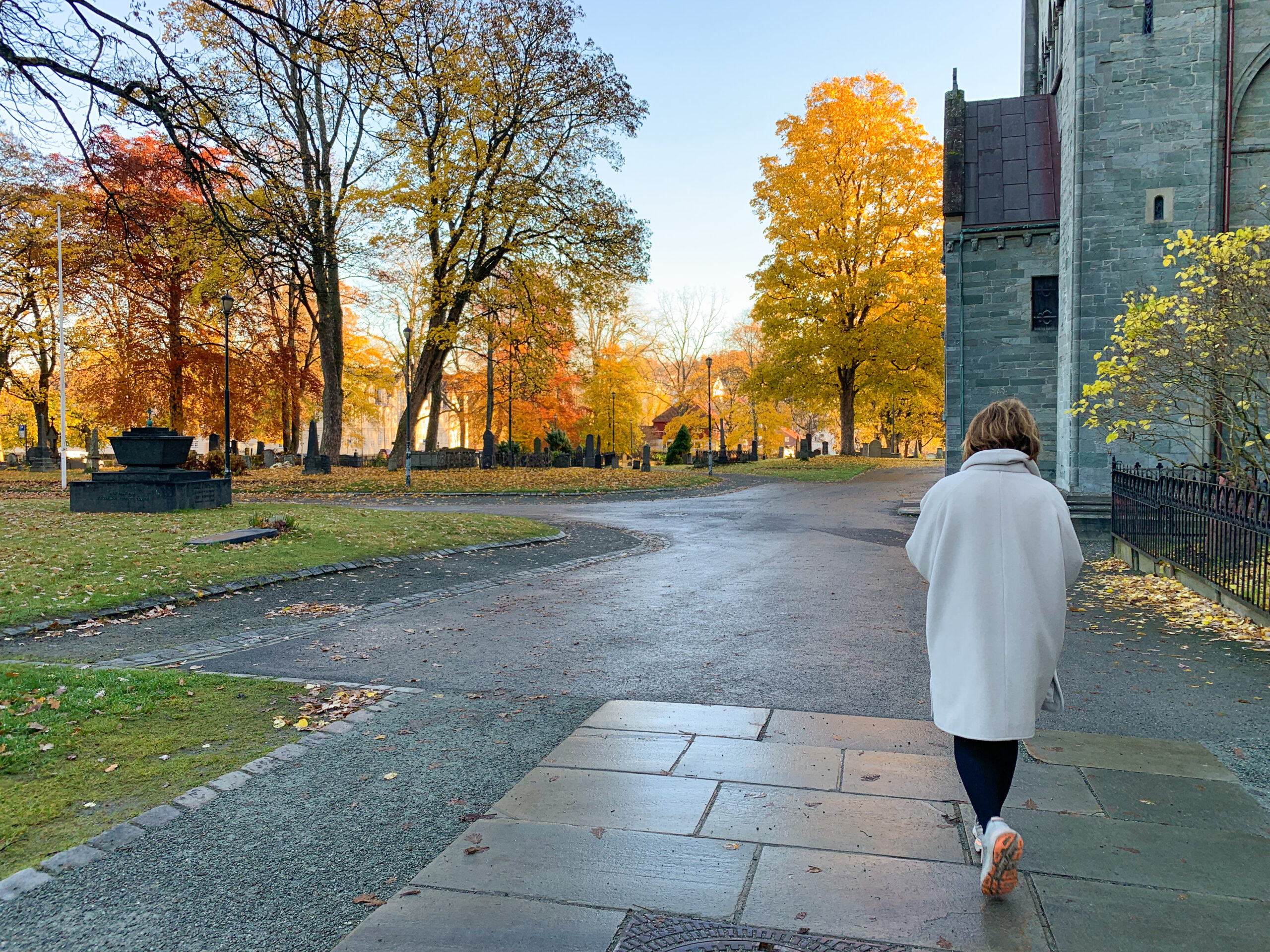
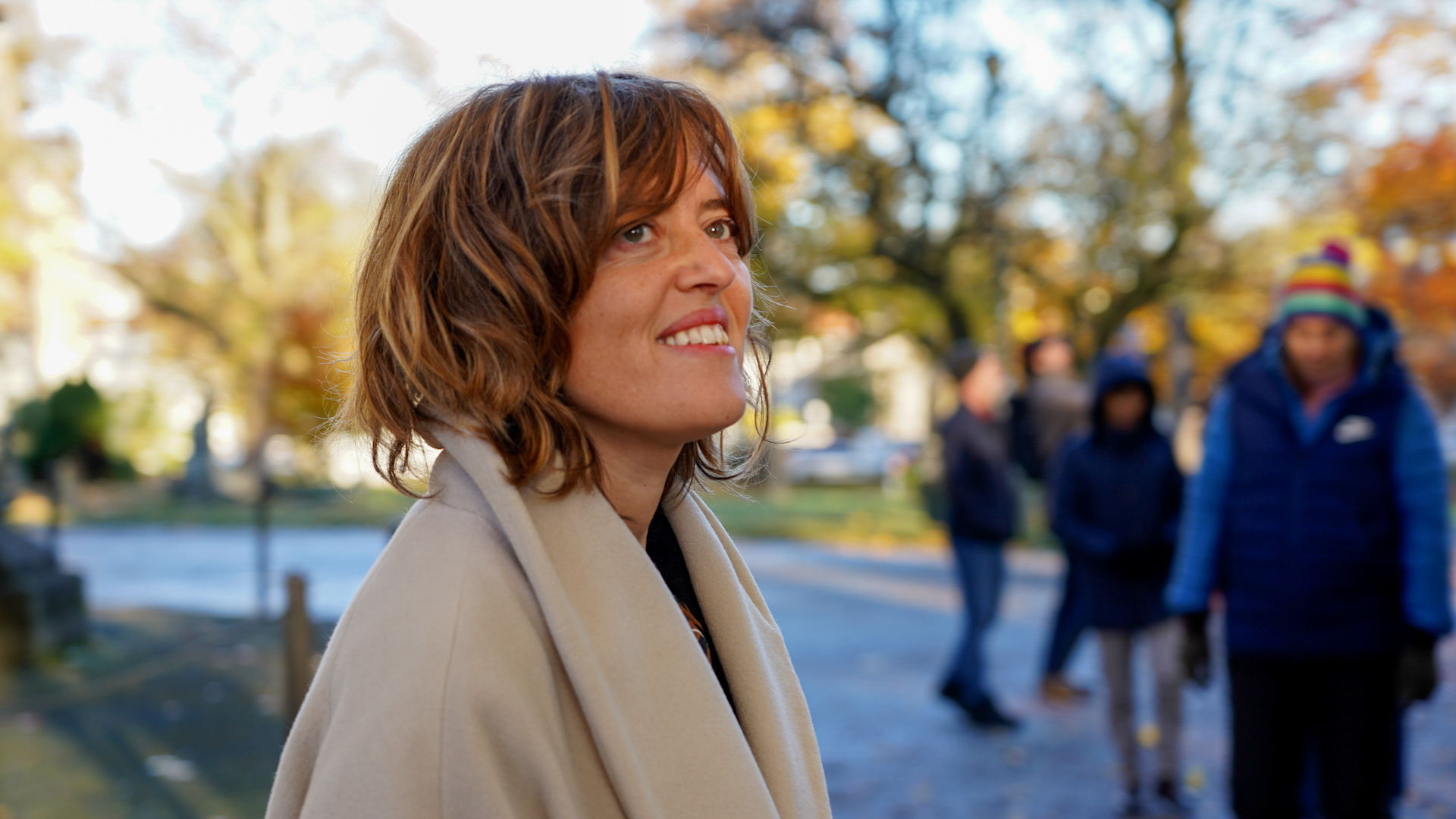

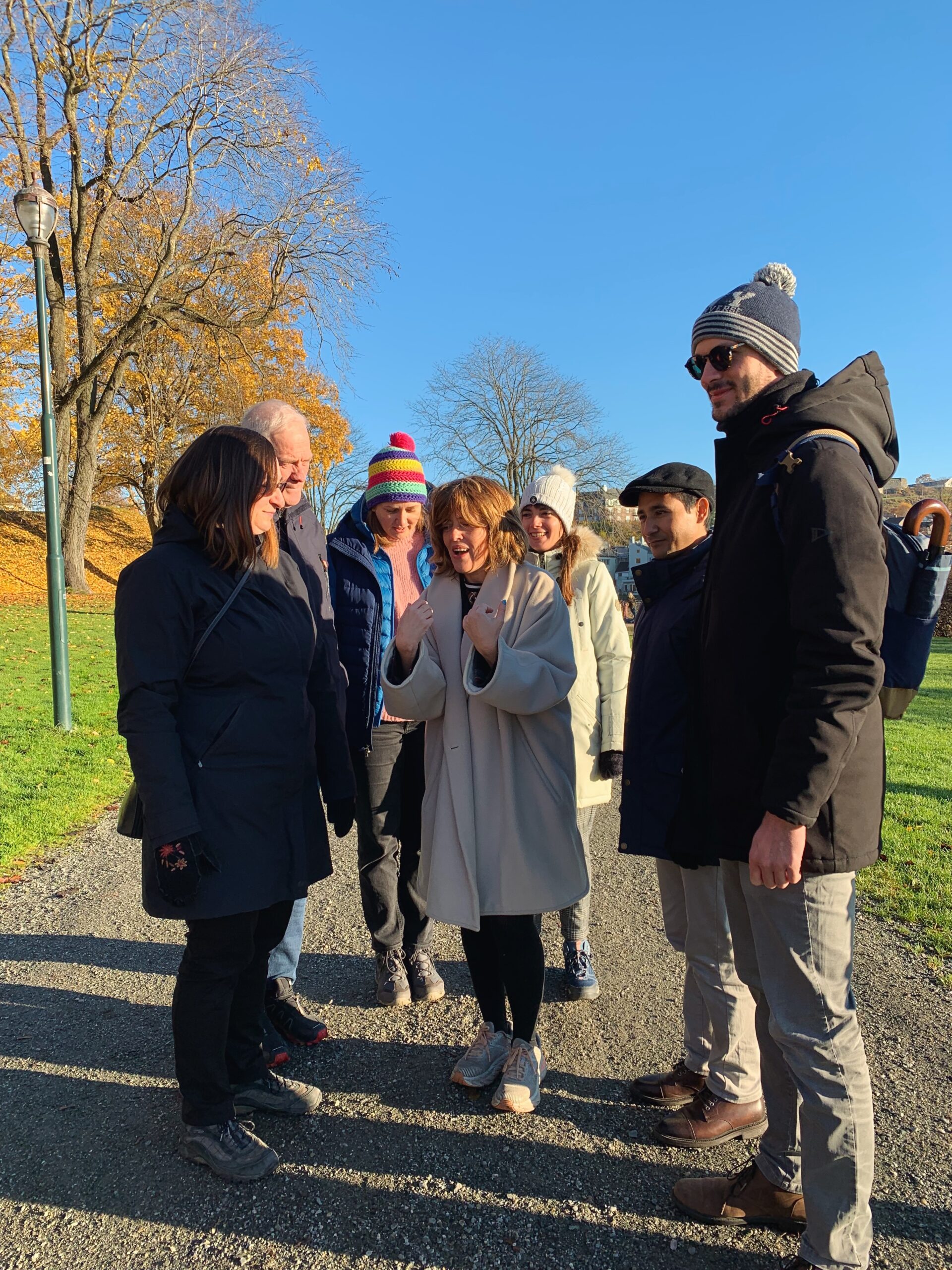
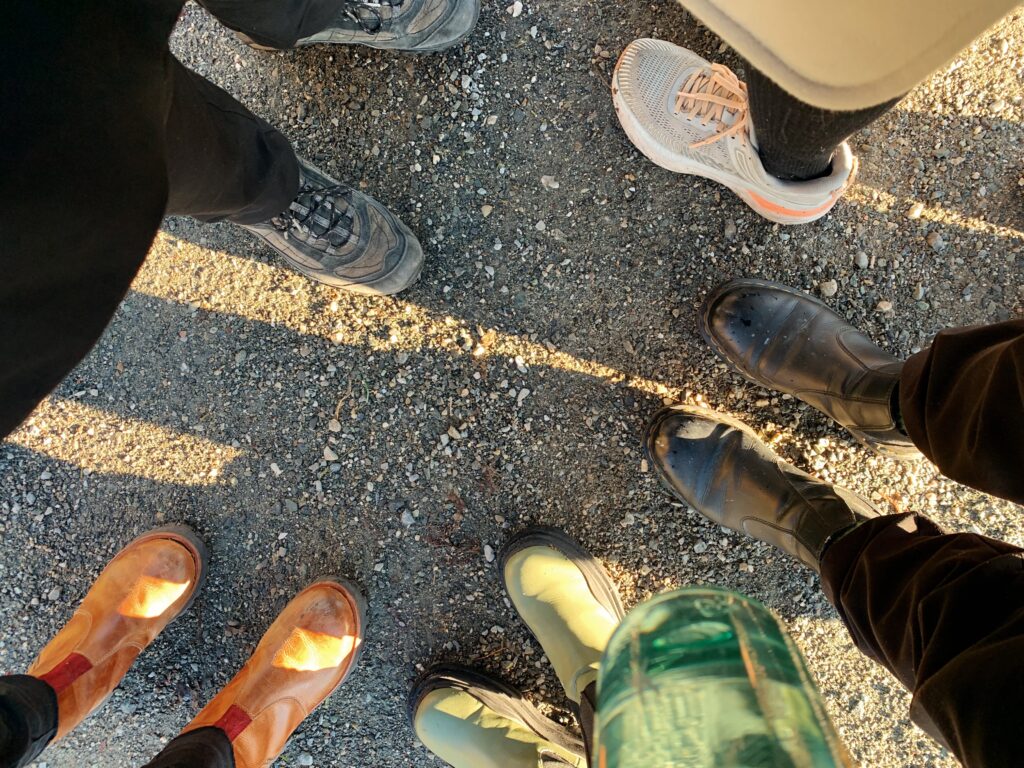
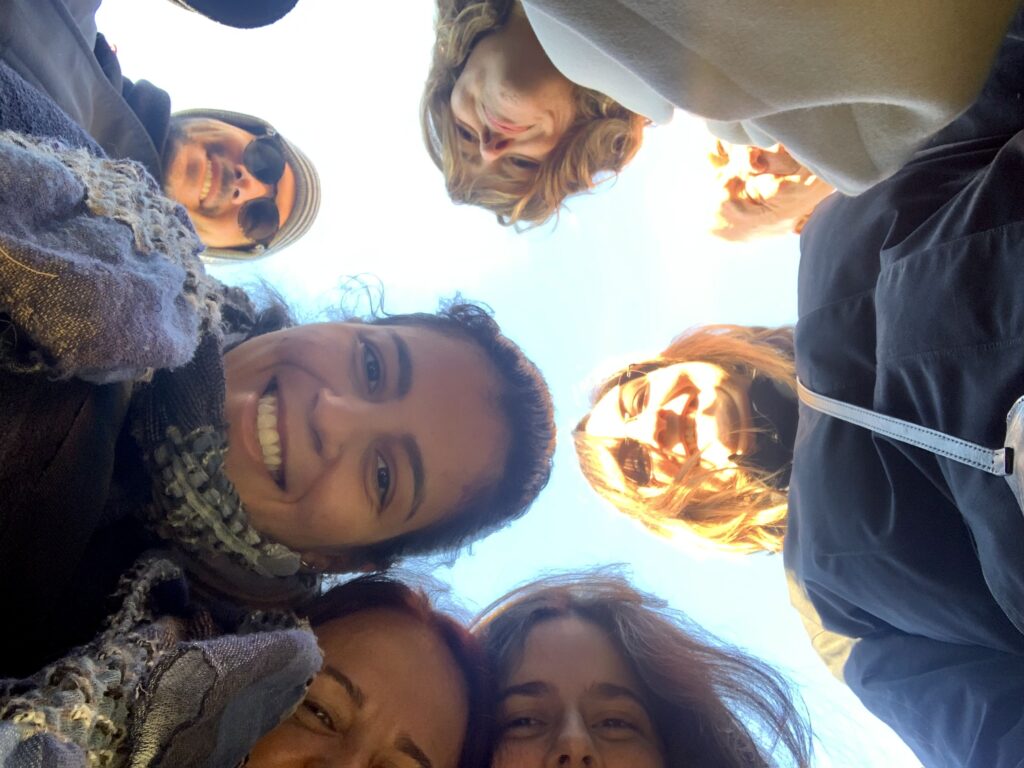
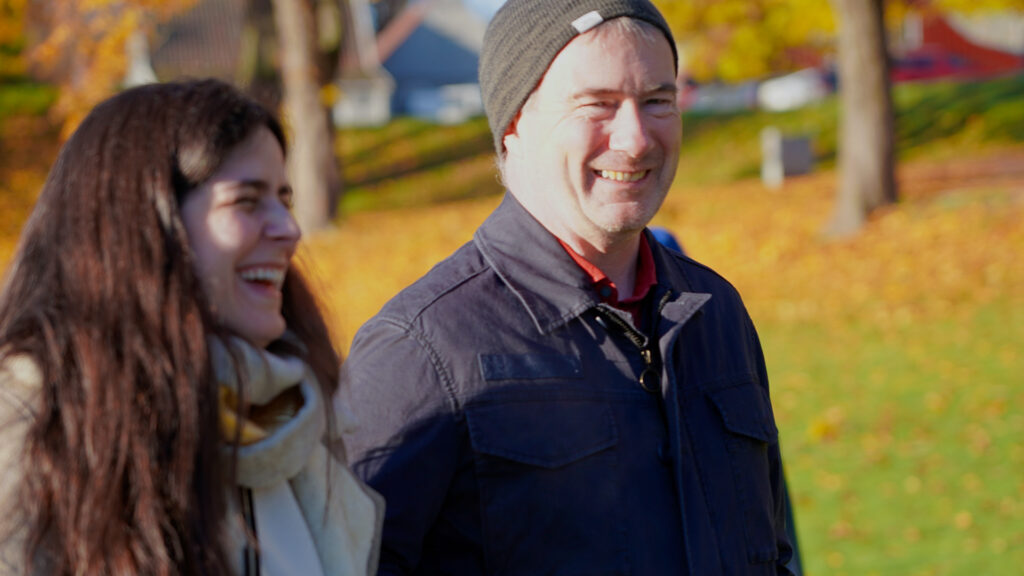
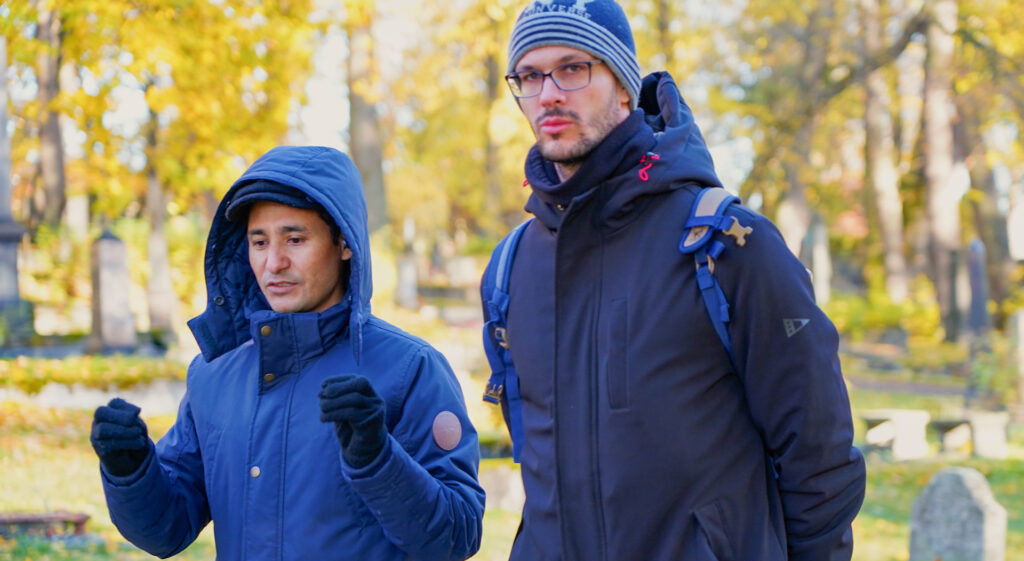


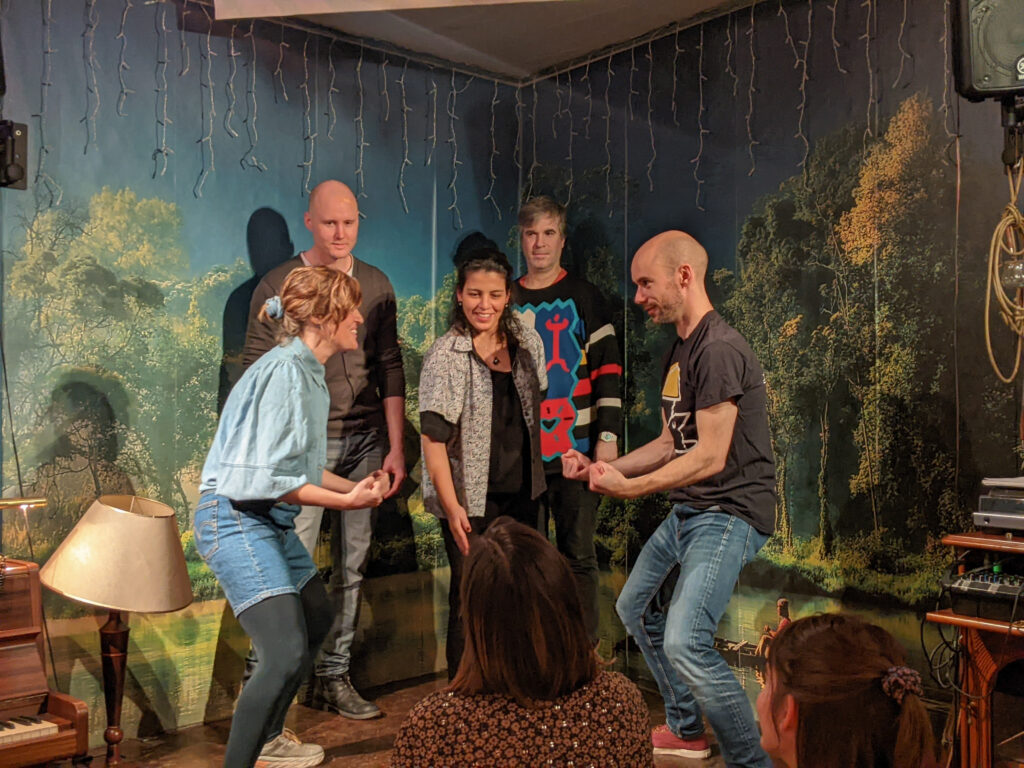
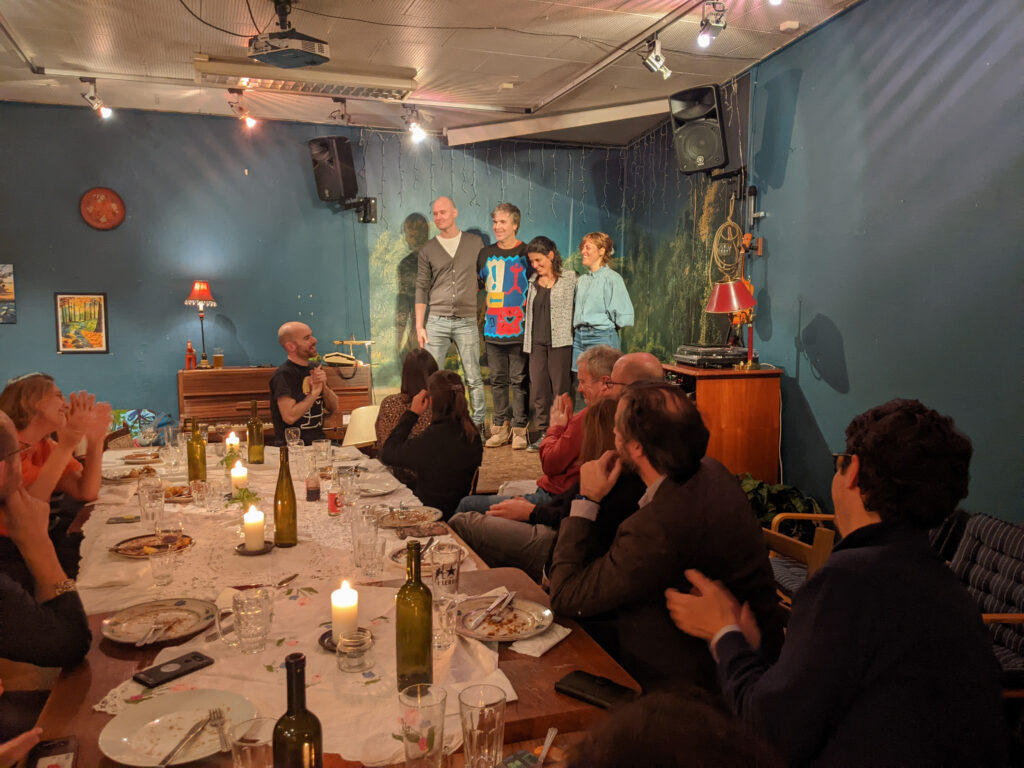
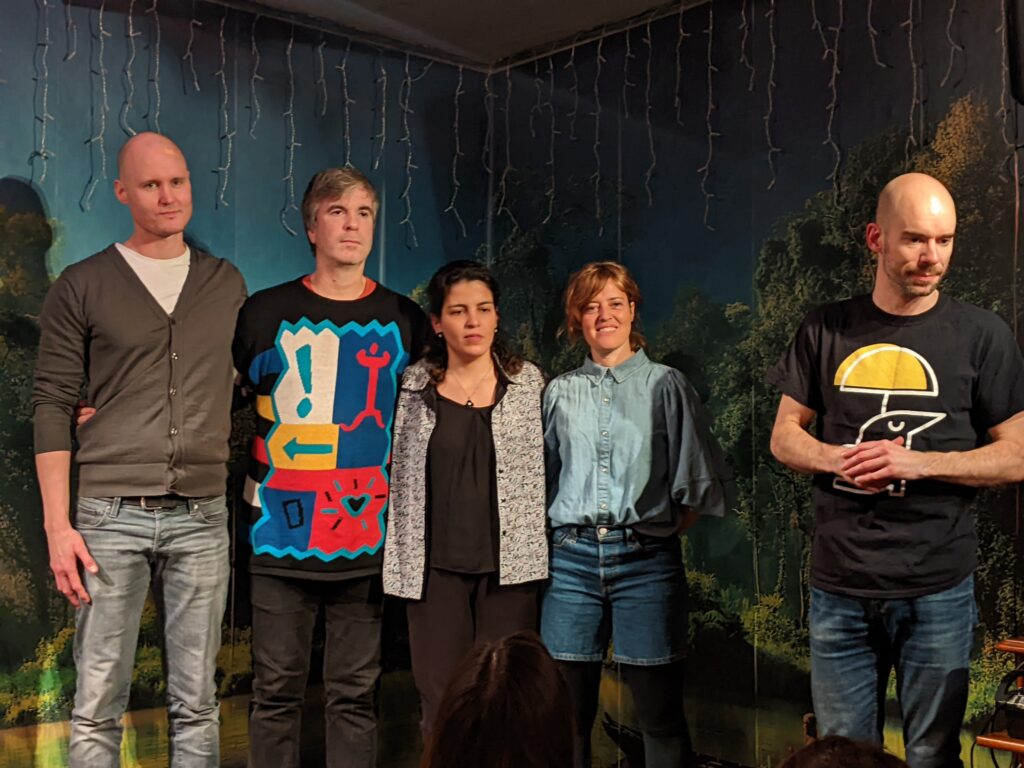
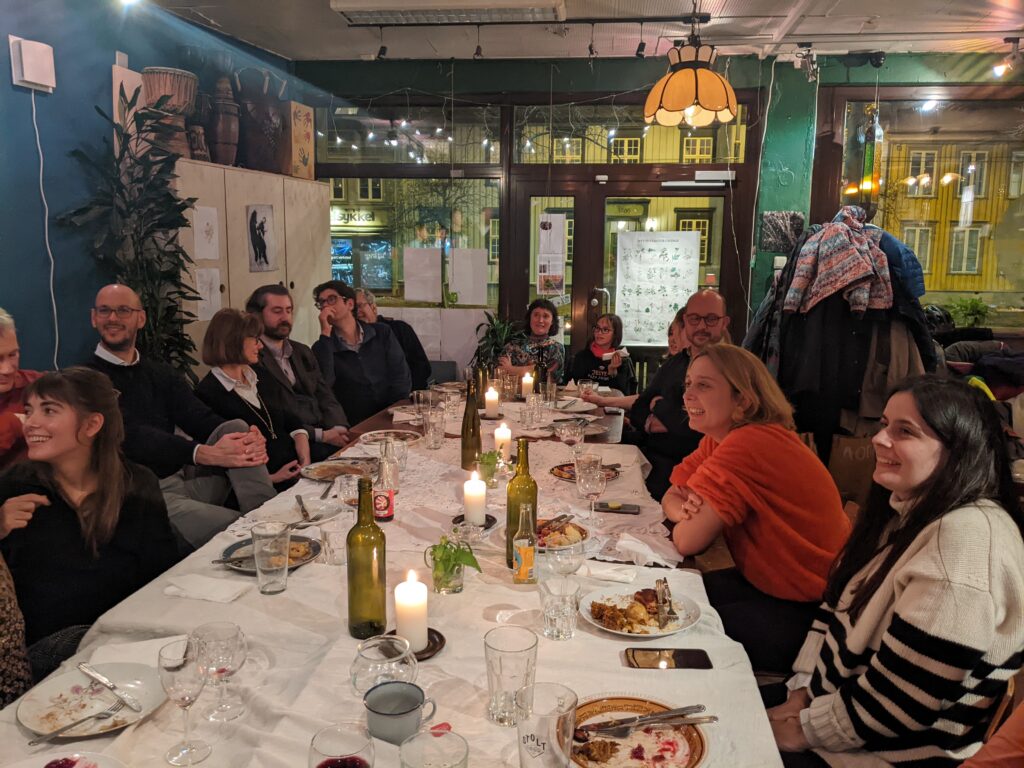
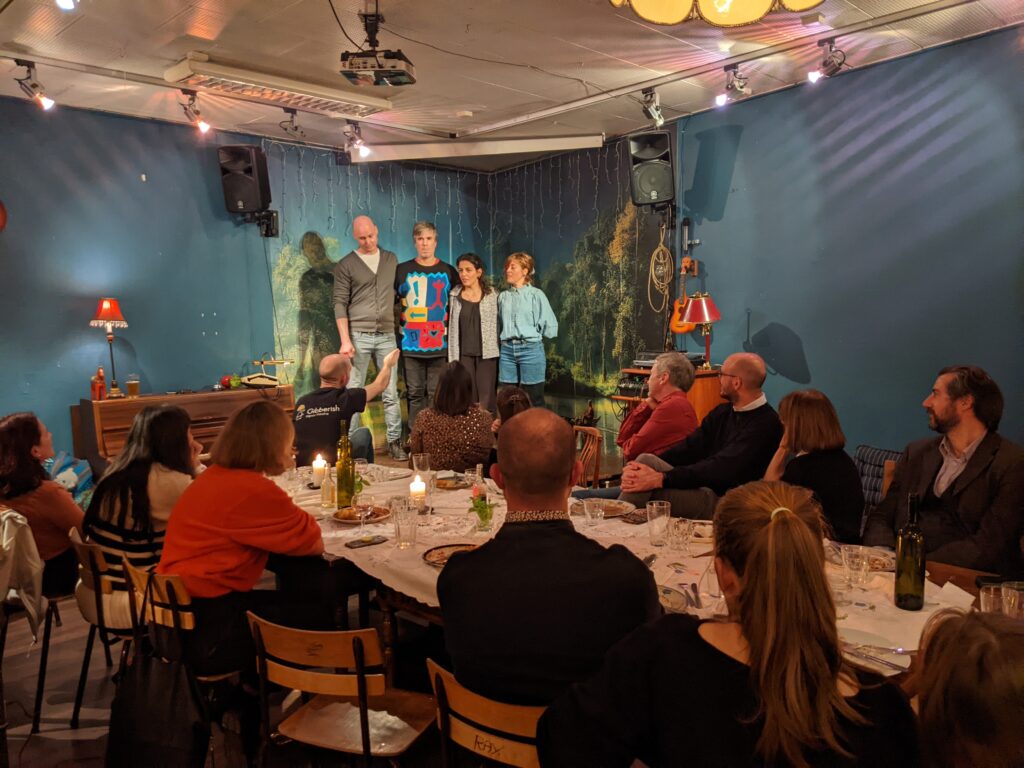
Text: Elin Danielsen Huckerby, Sophia Efstathiou, Sarah Santos
Edit: Sarah Santos
Last update 31/01/2023



